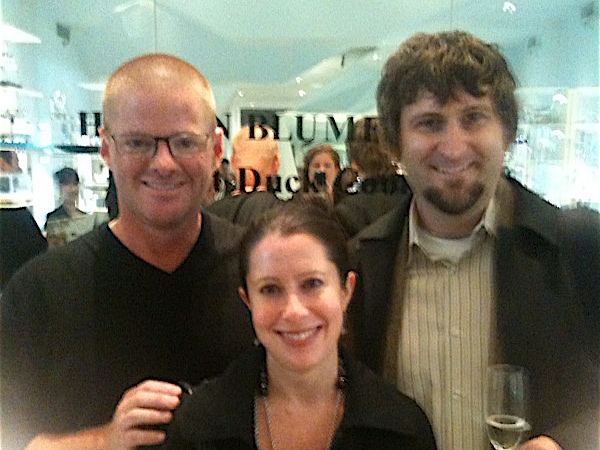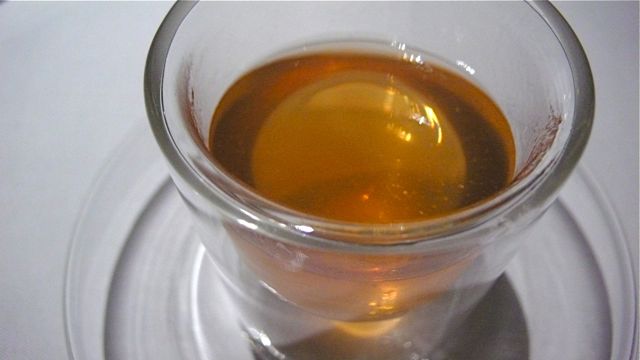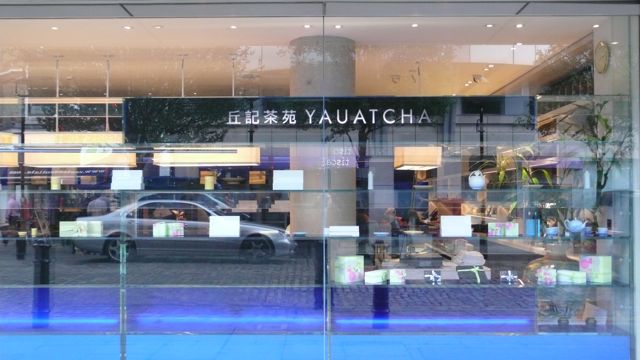United Kingdom
One of the only exceptions was at the Fat Duck outside of London, where we figured the chef (Heston Blumenthal) was cooking since we had read he's nearly always in the restaurant, but we didn't see him. And we opted against buying the cookbook since it cost something like 160 pounds, or a whopping $300. (Most of the other cookbooks we bought were around $60.) After the most expensive meal of our lives, we couldn't justify spending even more on the book, nice memento though it would be.
So we were totally excited when we read last week that Heston would
Getting into Fat Duck – thought by many to be the “second best restaurant in the world,” narrowly trailing El Bulli, outside of Barcelona – was a huge surprise, to say the least.
Eating here was really the only reason we had decided to go to England at the beginning of our culinary trip instead of straight to France. We called two months earlier to try to get in, in the middle of the night U.S. time, at first getting nothing but a busy signal for 45 minutes and then being put on hold for half an hour, forced to listen
We weren’t sure what to expect when Jay reserved this (one-star Michelin) London restaurant as the first meal after our trans-Atlantic flight from New York. We talked about getting traditional British tea, but the menu here – creative takes on the old-fashioned tea service with dim sum with or without sandwiches, green tea scones, and Asian-influenced French desserts – sounded intriguing, and the atmosphere looked like it would be hipper than a stodgy old tearoom.
WINEDERLUST WANDERINGS //
WINEDERLUST WISDOM //
“I just don’t see Big Wine allowing labels on wine reading something like this: This wine was dealcoholized by reverse osmosis and smoothed out with micro-oxygenation. Ingredients: Water, alcohol, grapes, chestnut tannin, oak extract, oak dust, genetically modified yeast, urea, enzymes, grape juice, tartaric acid, bentonite, and Velcorin.” – Alice Feiring, The Battle for Wine and Love or How I Saved the World from Parkerization



